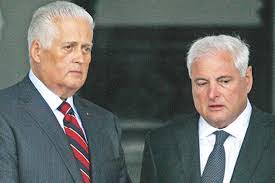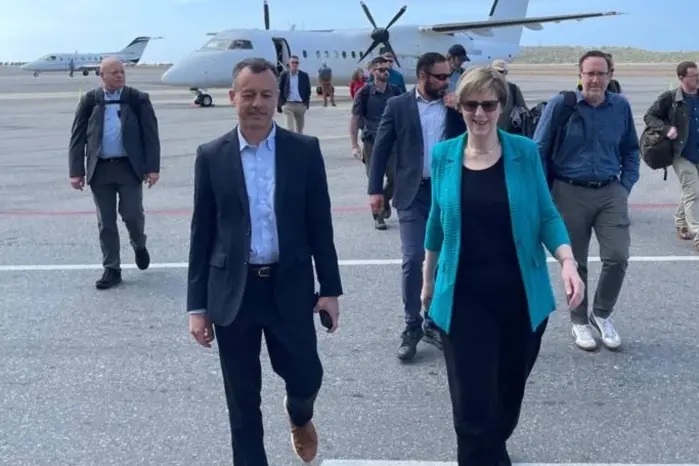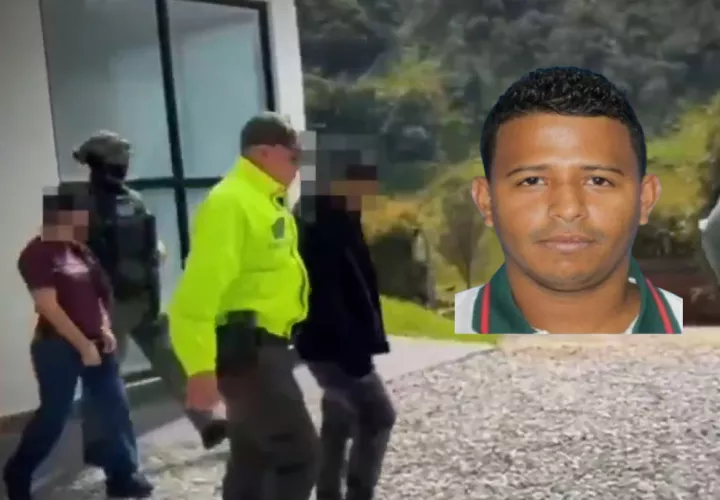Wall Street Journal highlights Panama’s “fragile democracy”

The seizure of $ 1.13 million in assets of Corporación La Prensa, SA (Corprensa) and the arrest in Guatemala of two sons of former President Ricardo Martinelli that “highlight the fragility of democracy in Panama,” warns Mary O’Grady Wall Street Journal (WSJ) , columnist and specialist in Latin American issues.
A week ago, on Monday, July 6, Corprensa posted a bond to lift the kidnapping that the civil judge Lina Castro De León ordered in favor of former President Ernesto Pérez Balladares (1994-1999), amid a lawsuit filed eight years ago, in which he claims $5.5 million from the corporation, ror moral damage. That same day, in Guatemala, Ricardo Alberto and Luis Enrique Martinelli Linares were detained at the request of the United States Department of Justice, which wants hem for alleged conspiracy to launder Odebrecht money.
“The two events highlight the fragility of the aid young Panamanian democracy, something that is more forceful when it comes to corruption,” said O’Grady
If the Martinelli Linares brothers had arrived in Panama from Guatemala – as was their intention – it is unlikely that they would face the accusations in the United States, since the Panamanian Constitution prohibits the extradition of their nationals. “
Their fate would be in the hands of the same courts that are now helping to silence L a Prensa, “she added.
She stressed that the action against Corprensa is seen as “an unprecedented attack against press freedom in that nation.” The kidnapping measure is still in force, since Judge Castro De León denied the bail presented by Corprensa, which publishes the newspapers La Prensa and Mi Diario.
“The threats to the democratic institutions of this small tropical country, with just 4.2 million inhabitants, would go unnoticed”, were it not for the tremendous importance that the interoceanic route has for world maritime traffic and the impact that politics has on its feasibility,” writes the columnist.
‘As for the Martinelli, the anti-corruption prosecutors in the Odebrecht case have summoned the former president for questioning twice; Instead of coming, he excused himself using a medical certificate issued by a cardiologist. In addition, he insists on not appearing in other proceedings against him, protected under the terms of his 2018 extradition from the United States, which he alleges protect him from being prosecuted for cases other than the one for which he was handed over to Panama: that of illegal wiretapping.
His children are also wanted in the process, but they have never appeared. Since 2015, they have been living in Florida, where they were captured in November 2018, by immigration agents. Then it was said that, although they had legally entered the country, they no longer had a visa to stay in the United States.
They were detained for 14 days in a migratory shelter, where a judge granted bail of $1 million each. Since then – according to O’Grady – they have been collaborating with the US authorities in the Odebrecht investigation, until the end of last month, when they left that country.





